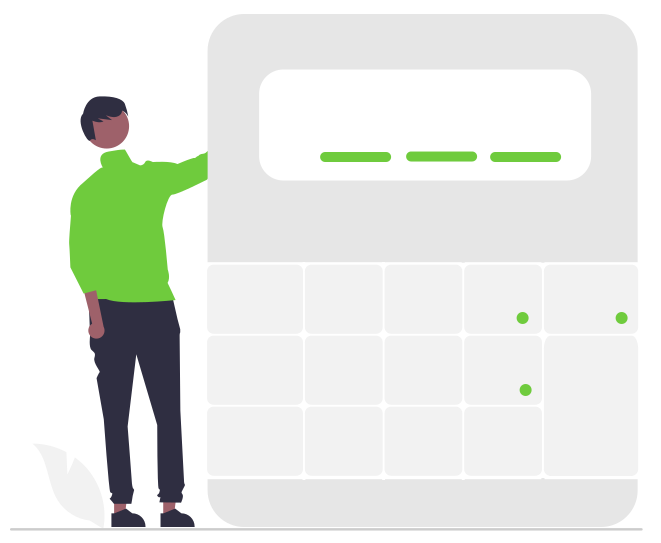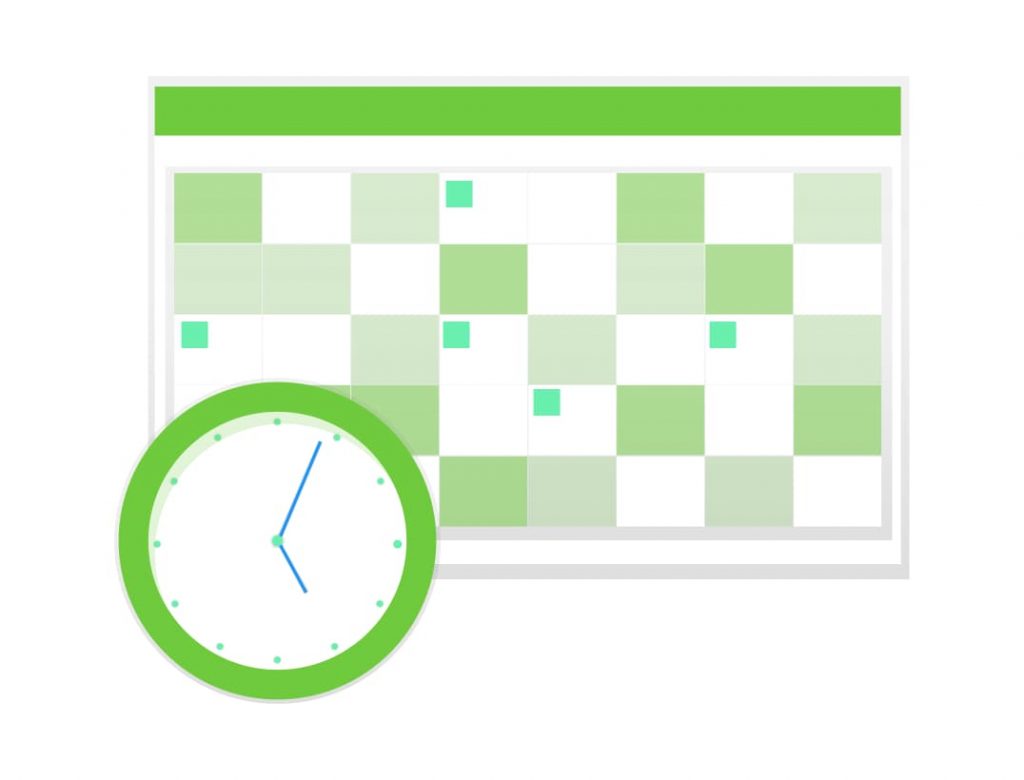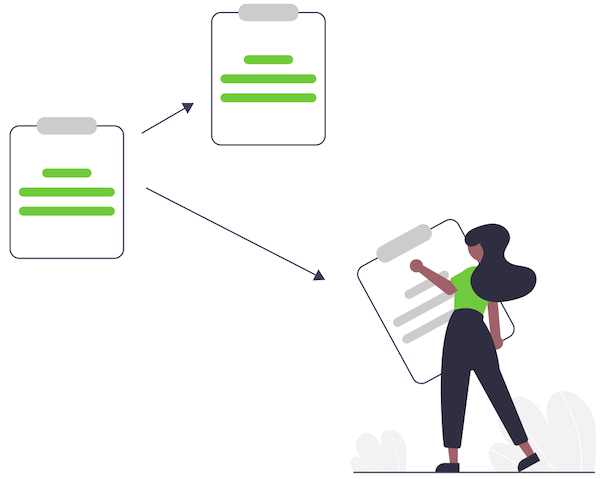There’s a lot to think about this tax season more than in years past. This is the first time businesses and accountants are working with all of the changes from the Tax Cuts and Jobs Act.
The tax changes present the biggest changes to the tax code in the last 30 years, so it’s understandable if that gets a lot of attention.
It can leave room for a lot of little details to get overlooked like the constructive receipt of income. What’s that, you don’t know what that is?
While reporting income on our tax forms is relatively straightforward in most situations, it gets complex in other instances.
We use W-2 forms for reporting income from our employer, and a variety of 1099 forms for reporting other forms of income such as royalties, interest and dividends. This is easy to understand.
However, we also sometimes are obligated to report income that does not involve cash such as the constructive receipt of income.
Read on to learn more about what the constructive receipt of income is and how it will impact your taxes.

What Is Constructive Receipt Anyway?
Under the theory of constructive receipt, a taxpayer must report income when he or she has the right to receive it. Even if that person hasn’t actually received the income yet, he or she still needs to report it.
So how do you define what’s constructive receipt and what’s just promised income? Constructive receipt of income happens if you are able to use or control the funds without physically having them in your possession. It can also happen if an income amount is guaranteed at a future date.
Constructive receipt of income is a law in the tax code that says the following:
“Sec. 1.451-2(a), income not received in cash is constructively received by a cash-basis taxpayer in the tax year during which the income is credited to the taxpayer’s account, set apart for the taxpayer, or otherwise made available so that the taxpayer may draw upon the income at any time, or could have drawn upon it during the tax year if notice of intention to withdraw had been given.”
What does that mean? It means that if a client writes you a check for work on December 30 and you don’t get it until January 3, you’re technically in possession of those funds.

Taxes and Timing
Let’s rewind the clock a few months. You’re in the fourth quarter of the year and you’re looking at your potential tax burden for April.
Most businesses will make more donations to charity, invest more in advertising, and hold off on billing customers and making deposits in those last few weeks of December.
The thing is, this could play a larger role in how your taxes play out in April.

How Do You Account for Your Business?
There are two primary methods for business accounting. One is the cash basis, and the other is accrual accounting.
Accrual accounting is used primarily by mid-large sized companies. Income and expenses are logged into the books when they are earned, not when the check is cashed.
Accounting on a cash basis is simpler to use because you enter payments into your system when you receive them, not when someone signs a contract. Same with expenses. You enter them into your books when you make the purchase or write the check, not when an agreement is made.
This method of accounting is used a lot by small businesses and freelancers because it is easier to keep track of than the accrual method.
For example, a client signs a purchase order to buy your product or services for $1000. Under the accrual method of accounting, you’ll enter that as income now. Accounting on a cash basis will have you enter the payment when you actually receive the check.

Constructive Receipt Examples
The same happens with employees who are getting PTO from their employer and it gets paid out in cash. You might not see that cash until February, in many cases, you’ll be in constructive receipt of that income at the end of the year.
This can pose a problem for businesses and investors. As an example, let’s say that a client reports that they paid you for your services because they wrote the check on December 30.
You report on your income statement your income except for the last payment because you didn’t get it until January 3.
The IRS could notice this discrepancy, especially if it’s a large one, and hold you accountable for those taxes.
Investors can find themselves in a similar situation with receiving interest or dividends. A corporation can announce that the dividend is payable on December 31, which in the IRS, you would be in possession of those funds.
Of course, most corporations aren’t going to pay dividends until weeks later. You still have to report the dividend earnings as year-end income, not report it on the following year’s taxes.

Employee Bonuses
One of the most common types of constructive receipt of income includes an employee requesting to put off receipt of a year-end bonus in 2016 until 2017.
Since the employee had the right to receive this income in 2016, that employee will need to report it as taxable income for 2016 (rather than 2017). However, if it is the employer who delays payment on this bonus until 2017, it may then be taxable income for 2017. Even in those circumstances, the IRS may claim otherwise and have its own interpretation.
Since the employee had the right to receive this income in 2016, that employee will need to report it as taxable income for 2016 (rather than 2017). However, if it is the employer who delays payment on this bonus until 2017, it may then be taxable income for 2017 – though even in those circumstances, the IRS may claim otherwise and have its own interpretation.

Back-dated Payments
Another situation that can lead to constructive receipt of income is backdated paychecks. In some cases, especially when a pay period falls near the New Year, employees may receive paychecks that are backdated. Even though the employee is receiving the paycheck in the New Year, he or she will still need to report that income for last year.
Backdated payments can also occur in the service industry. Say you perform a service and receive a payment for it on December 30th, but you wait until January 1st to deposit the payment. Even though you deposited the payment in January, you received the payment in the previous year. This means that you will need to report that payment in last year’s income.

Cancellation of Debt
Cancellation of debt also causes constructive receipt of income. How? By making funds available to you that you didn’t realize you had.
For example, if a creditor cancels a debt of $1,000 in December, you now have an extra $1,000 in your pocket. That $1,000 needs to be included in your income reporting.

How Does Your Accounting Method Impact Taxes?
The accounting method that you use to keep your books will impact how you report constructive income. If you’re using the accrual method of accounting, you’re essentially counting constructive receipt anyway.
For those who are relying on the cash basis accounting, you have some work to do. You will be impacted by the constructive receipt of income rule.
There are other ways that your accounting method will impact your taxes and cash flow.
Let’s say that you have a contract for a $5000 project that will be completed in a month. You also paid out $1000 in contractors’ fees.
Using the accrual method, you’d show a $4000 profit, while the cash basis would show a loss of $1000.
On your taxes, however, you’d show that you have a $4000 profit. You’re technically in constructive receipt of that income.

Avoiding Constructive Receipts
There are instances where employees can negotiate to have payments deferred while still avoiding the constructive receipt rules. Under such a scenario, this allows individuals to perform services in one year and receive payment during the next. It’s still a good idea to receive tax guidance regarding such negotiations to avoid mistakes in reporting.
The rules become even more complicated if you are a part of a partnership, limited liability company or S corporation. These businesses are pass-through entities.
The owners pay the tax rather than the business. The owner will receive a Form K-1 stating his or her share of income – even if there is no distribution of this income. The IRS will examine the Form K1 while reviewing the owner’s tax returns.

Take the Complexities Out of Taxes
There’s a reason why not many people like to pay their taxes. It’s a complex system of laws and codes that seem to contradict each other and sometimes logic.
Even though we don’t like to pay taxes, we know that we have an obligation to do so. The good news is that you don’t have to navigate the rough seas of tax laws like the constructive receipt of income alone.
We’re committed to helping our clients nationwide deal with tax debts and help businesses and investors with complex tax questions.
It is important not to take chances when reporting income to the IRS. Mistakes will raise red flags and increase the possible chances of a tax audit. It could also lead to severe penalties and consequences.
Don’t risk getting into a sticky situation because of constructive receipt. Reach out today and we’ll get started making sure your income is reported correctly.








